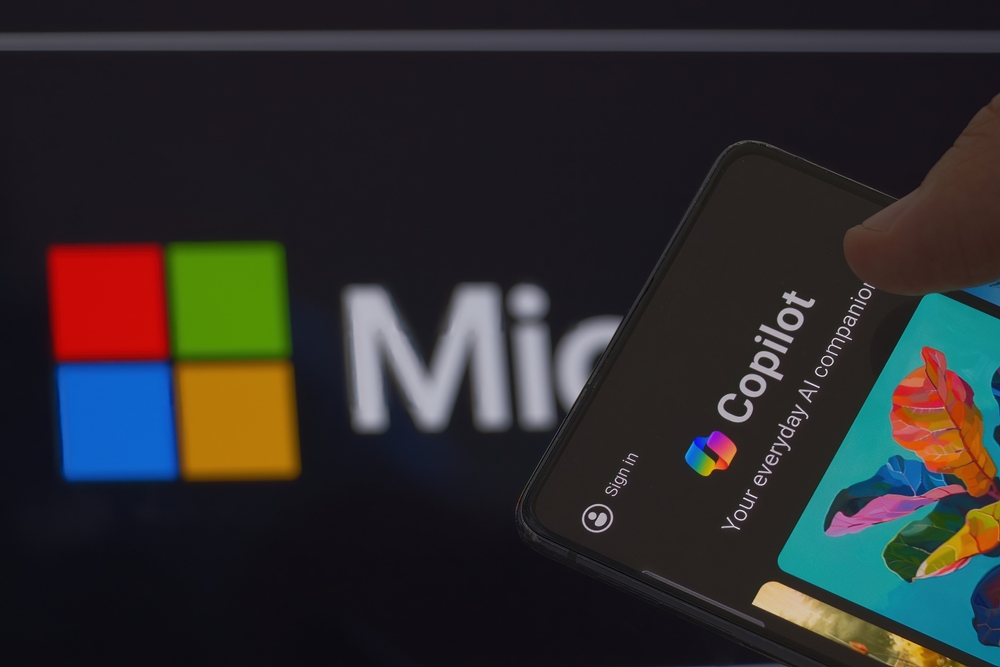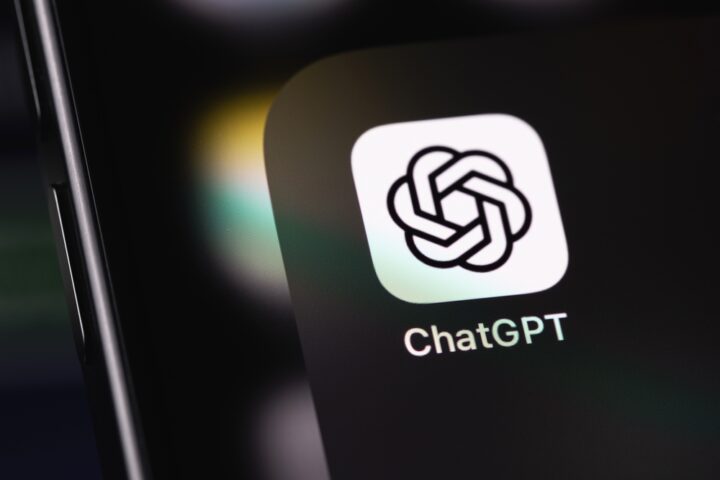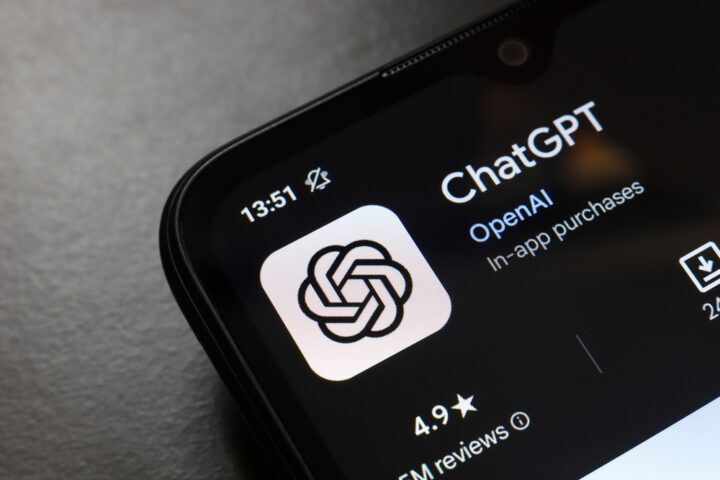Microsoft is enhancing its suite of health-care AI tools with the launch of “Dragon Copilot,” a voice-activated assistant aimed at reducing administrative burdens for medical professionals. The new tool merges features from Dragon Medical One and DAX Copilot into a single, more powerful solution.
A Game-Changer for Medical Documentation
Dragon Copilot is designed to assist doctors by quickly pulling relevant medical information and automatically generating clinical notes, referral letters, post-visit summaries, and more. This innovation seeks to ease the heavy documentation workload that contributes to burnout among health-care workers.
According to an October study from Google Cloud, clinicians spend nearly 28 hours per week on administrative tasks like documentation. Microsoft’s global chief medical officer, Dr. David Rhew, emphasized the significance of the new tool, stating, “Through this technology, clinicians will have the ability to focus on the patient rather than the computer, and this is going to lead to better outcomes and ultimately better health care for all.”
Microsoft’s Strong Position in the AI Scribing Market
Microsoft has been a dominant player in the AI-powered medical scribing market since its $16 billion acquisition of Nuance Communications in 2021. DAX Copilot, one of its flagship solutions, has already been used in over 3 million patient visits across 600 health-care organizations in the past month.
Competing with startups like Abridge (which has raised over $460 million) and Suki (with nearly $170 million in funding), Microsoft’s improved interface and broader AI capabilities could provide a competitive edge.
Seamless Integration and Enhanced AI Features
Dragon Copilot is accessible via mobile app, browser, and desktop and integrates directly with various electronic health record (EHR) systems. Unlike previous iterations, it enables clinicians to edit documentation and interact with medical data using natural language.
For instance, a doctor can ask, “Was the patient experiencing ear pain?” or request, “Can you add the ICD-10 codes to the assessment and plan?” The AI assistant can also provide treatment-related insights by answering questions like, “Should this patient be screened for lung cancer?” while linking to credible sources such as the Centers for Disease Control and Prevention.
Early Adoption and Clinician Feedback
WellSpan Health, a network with 250 locations and nine hospitals across Pennsylvania and Maryland, has been testing Dragon Copilot with select clinicians. Dr. David Gasperack, chief medical officer of primary care services at WellSpan, reported a positive experience with the tool.
“We’ve been asked more and more over time to do more administrative tasks that pull us away from the patient relationship and medical decision making,” Gasperack said. “This allows us to get back to that so we can focus on the patient, truly think about what’s needed.”
Availability and Pricing
Microsoft has confirmed that Dragon Copilot will be available in the U.S. and Canada starting in May, with plans to expand to the U.K., the Netherlands, France, and Germany in the coming months. The company has not disclosed pricing but stated that the cost structure will be “competitive” and easy for existing customers to upgrade.
A Step Toward Reducing Physician Burnout
With the launch of Dragon Copilot, Microsoft aims to restore “the joy of practicing medicine” by reducing clerical workloads and improving patient interactions. As AI continues to transform the health-care sector, tools like Dragon Copilot could play a pivotal role in enhancing efficiency and patient care worldwide.







